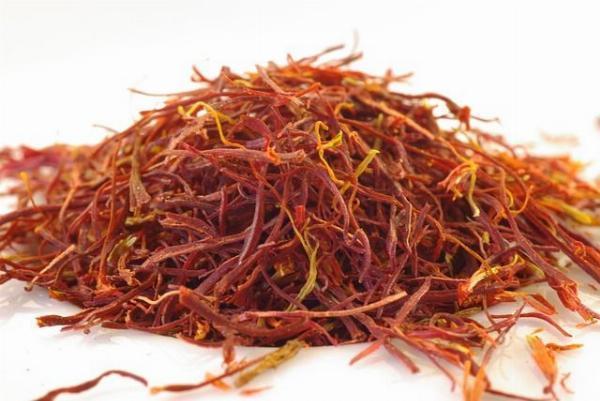 Affiliate Blog Copy – Sell Without Selling. Earn More Now!
Affiliate Blog Copy – Sell Without Selling. Earn More Now!
Thaipusam: A Sacred Celebration of Devotion and Renewal
Written by Aditya Pandey » Updated on: June 17th, 2025

Introduction:
Thaipusam, a vibrant Hindu festival celebrated primarily by the Tamil community, is a mesmerizing spectacle of faith, devotion, and spiritual fervor. Honoring the Hindu deity Lord Murugan, Thaipusam holds deep significance for millions of devotees around the world. In this article, we delve into the rich tapestry of rituals, traditions, and symbolism that define this auspicious occasion.
The Essence of Thaipusam:
Thaipusam falls on the full moon day in the Tamil month of Thai (usually January or February) and commemorates the occasion when Goddess Parvati bestowed the divine spear, Vel, upon her son Lord Murugan to vanquish the demon Soorapadman. The festival symbolizes the triumph of good over evil, light over darkness, and serves as a reminder of the eternal battle between righteousness and malevolence.
Preparations and Penance:
Leading up to Thaipusam, devotees undergo rigorous preparations to purify their bodies and minds. Many observe fasting, prayer, and abstain from worldly pleasures as acts of penance. These practices are believed to cleanse the soul and strengthen one's connection to the divine, preparing devotees for the spiritual journey ahead.
The Kavadi Attam: A Symbol of Devotion:
One of the most iconic aspects of Thaipusam is the Kavadi Attam, a breathtaking procession where devotees carry elaborately adorned structures, known as kavadis, as offerings to Lord Murugan. These kavadis, often decorated with peacock feathers, flowers, and symbols of the deity, symbolize the burdens and sacrifices borne by devotees in their quest for spiritual fulfillment.
Piercings and Penitence:
In a display of profound devotion and surrender, some devotees engage in acts of self-mortification during Thaipusam. This may involve piercing the skin, tongue, or cheeks with skewers or hooks, or pulling chariots attached to hooks embedded in their flesh. These acts of penitence are undertaken voluntarily and are seen as a means of atonement and spiritual purification.
Community Spirit and Camaraderie:
Thaipusam is not just a solitary affair but a vibrant celebration of community and camaraderie. Families, friends, and communities come together to support and encourage one another throughout the festival. The spirit of unity and solidarity that permeates Thaipusam reinforces the sense of belonging and collective devotion among participants.
Global Observance and Cultural Diversity:
While Thaipusam has its roots in South India, it is celebrated with great enthusiasm in other parts of the world with significant Tamil Hindu populations. Countries such as Malaysia, Singapore, Sri Lanka, and Mauritius host elaborate Thaipusam festivities, each with its own unique customs and traditions. Despite geographical distances, Thaipusam serves as a unifying force that bridges cultural divides and strengthens the bonds of shared heritage.
Conclusion:
Thaipusam stands as a testament to the enduring power of faith, devotion, and cultural heritage. As devotees gather to celebrate this sacred occasion, they are reminded of the timeless values of courage, resilience, and spiritual surrender. Thaipusam serves not only as a commemoration of ancient mythology but also as a vibrant expression of living tradition, uniting hearts and souls in a collective journey towards divine grace and renewal.
Note: IndiBlogHub features both user-submitted and editorial content. We do not verify third-party contributions. Read our Disclaimer and Privacy Policyfor details.
Copyright © 2019-2025 IndiBlogHub.com. All rights reserved. Hosted on DigitalOcean for fast, reliable performance.














